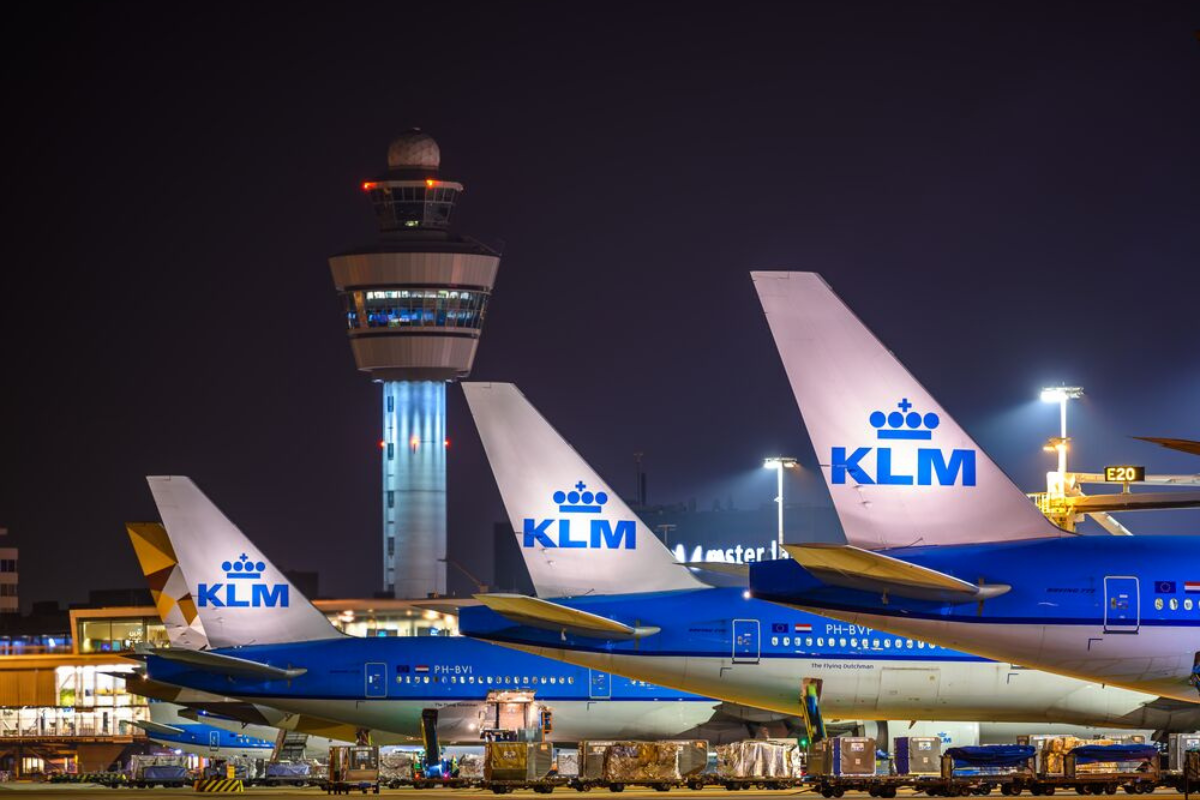The Federal Government has stepped up talks with the Kingdom of Morocco in an effort to expedite the process of reaching a Final Investment Decision on the $30 billion Nigeria-Morocco Gas Pipeline.
According to The PUNCH, both countries discussed the agreement on the sidelines of a meeting between the Minister of State for Petroleum Resources, Ekperikpe Ekpo, and the Moroccan Minister of Energy Transition and Sustainable Development, Ms. Leila Benali.
This was reported in a statement issued by Nigerian National Petroleum Company Limited on Thursday in Abuja.
The meeting was chaired by Executive Vice President of Gas, Power, and New Energy at NNPCL, Olalekan Ogunleye, and the Director-General of Morocco’s National Office of Hydrocarbons and Mines, Amina Benkhadra.
Nigeria, Morocco, Cote d’Ivoire, Liberia, Benin, and Guinea signed four Memoranda of Understanding for the building of the $30 billion Nigeria-Morocco Gas Pipeline Project on June 17, 2023, at the Economic Community of West African States’ headquarters in Abuja.
According to the report, four new MoUs and tripartite agreements were signed between the NNPCL and Morocco’s Office National des Hydrocarbures et des Mines on the one hand, and the Société Nationale des Opérations Pétrolières of Cote d’Ivoire, the National Oil Company of Liberia, Benin’s Société Nationale des Hydrocarbures, and the Republic of Guinea’s Société Nationale des Pétroles on the other.
On Thursday, the NNPCL said that discussions on the Final Investment Decision for the project were still ongoing, with the focus on how to drive the cooperation between Nigeria and Morocco to speed the project.
It stated that the parties to the agreement discussed how to complete the Nigeria-Morocco Gas Pipeline Project in accordance with a series of Memoranda of Understanding inked between two countries in Abuja in 2022.
It stated that both governments highlighted the project’s strategic importance to Nigeria, Morocco, and the broader African continent.
The pipeline would run through the Republic of Benin, Togo, Ghana, Cote d’Ivoire, Liberia, Sierra Leone, Guinea, Guinea-Bissau, Gambia, Senegal, and Mauritania before ending in Morocco with a spur into Spain.
The project, among other things, will aid in the monetization of Nigeria’s gas resources and foster economic and regional cooperation among African nations.










